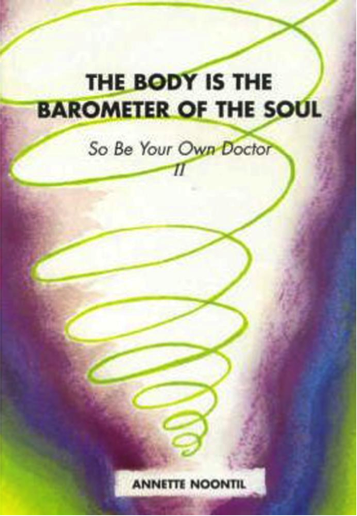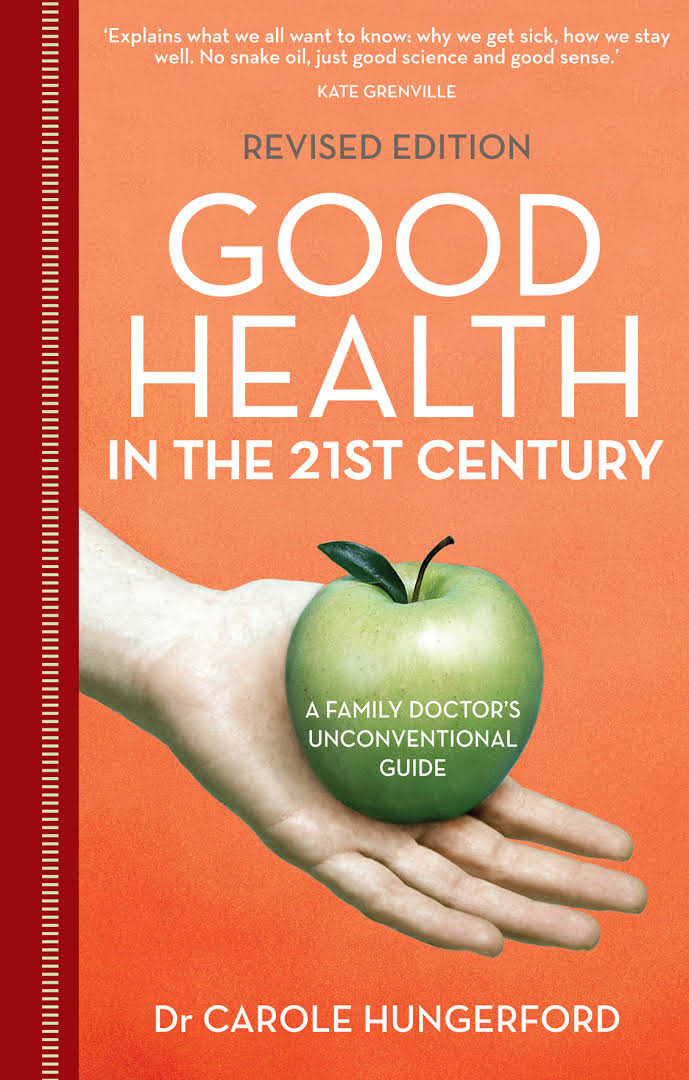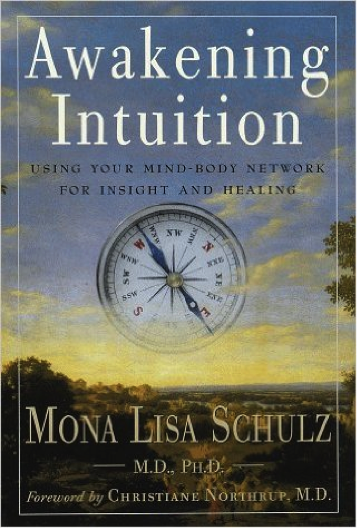Wellness at its most basic is a feeling we have when we are free of illness and balanced in our body, mind and spirit. How do we go about balancing ourselves better to achieve wellness?
In my first book – Holistic Medicine, beyond the physical – I divide the whole person into five parts in order to investigate how we might find better balance and wholeness..
The first part is the mind (air) and is characterized by the right and left sides of the brain that I have discussed in a previous post called Mind. Many of us are unbalanced in the way we use our mind relying heavily on our left-brain logical thinking and disregarding our right-brain holistic intuitive thinking.
The second part is the physical body (earth). Our physical body is fairly obvious, although many of us try to deny that we have a body that actually needs looking after. We try to use the power of our logical mind to control our body, to make it do what we want. In our culture, we are taught to disregard the messages from our body. We run marathons and compete in sports that stress our bodies and then wonder why our bodies let us down. We feed our bodies a diet of junk (both physical and emotional) and then wonder why they don’t work well.
The third part of our whole self is the emotional body (water) that we are also taught to disregard. We learn early on that some emotions are just not okay and that we should suppress them. We don’t need to act out all our emotions but to not feel them is to ignore one of our parts.
The fourth part is more difficult to classify but is represented by the element of fire. At its simplest, fire is the part of us that drives us to grow and create. It is the passion that burns, the creative flame that leads us to great works of art or scientific discoveries. It is the part of us that seeks to grow and expand. Fire is our closest link to the spiritual world. Our intuitive abilities stem from fire, but we experience them through our other elements.
The fifth part or element is represented by ether and is by its very nature ethereal, it is the element that is unworldly, spiritual, immaterial, intangible. This element is very difficult to fully describe but it symbolises the connections between our parts and the connections between us and everything else. It is the energy that is at the basis of all life but it is not simply energy, it is connections. Some would call this etheric element God or The Divine or All That Is. Some would call it the Holy Spirit or the Web of Life or Mother Nature or Gaia. This element is so much a part of everything that we cannot distil it out to discover its nature. We cannot reduce living things to all their parts and call one of these parts ether and expect to then understand what this means. Because ether more than anything is present most in the harmonic combination of the parts.
So here we have the concept of five elements – fire, air, water, earth and ether. Keeping these elements in balance helps lead us back to wellness and wholeness. Western society values fire and has a heavy reliance on left-brain over right-brain. It devalues the emotional body and most of us don’t take good care of our physical body. Many of us are only just becoming aware of the etheric body and its connections to the rest of the universe. So we are all often unbalanced, or living in a society that is unbalanced. Yet despite this, the human system has the uncanny ability to find its own balance and to seek wellness and wholeness.
To focus on our wellness is to firstly become aware that are made up of these five parts and then to nurture each of them. We need to nurture them as a whole rather than as separate parts but conceptualizing them as parts helps us to become aware of which parts we might be neglecting.
I have written a whole book about this but paying better attention to your parts is a vital step in promoting wellness. We can do this by balancing our right and left brain more, by looking after our physical body, by feeling our emotions instead of suppressing them, by following our passions and our intuition and by enhancing our etheric connections. This is a very simplistic version of a quite complex process but it is worth contemplating especially if you are not currently experiencing wellness.








